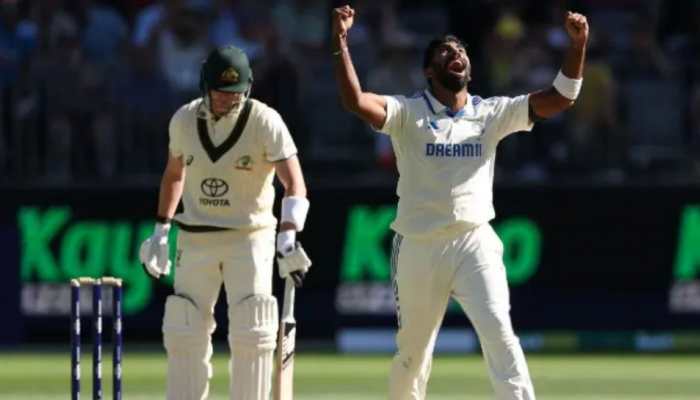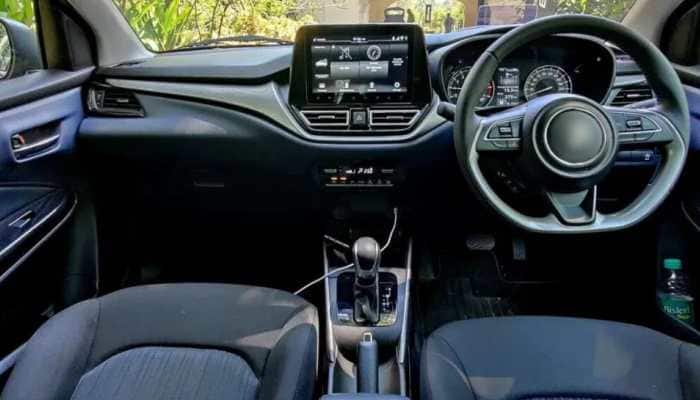AIMPLB convenes first meet after Supreme Court's verdict on triple talaq
Hours after the Supreme Court's landmark judgement which banned the triple talaq with immediate effect, the All India Muslim Personal Law Board (AIMPLB) convened a meeting on September 10 to discuss the court's verdict.
Trending Photos
)
Bhopal: Hours after the Supreme Court's landmark judgement which banned the triple talaq with immediate effect, the All India Muslim Personal Law Board (AIMPLB) convened a meeting on September 10 to discuss the court's verdict.
Reiterating that it will not allow interference in their Muslim personal laws, the AIMPLB called for a meeting in Madhya Pradesh's Bhopal to discuss and review the Supreme Court's verdict that declared triple talaq as 'unconstitutional'.
The Board, which deals with Muslim personal laws in India, had earlier opposed the move to ban triple talaq. In April this year, it issued an eight-point code of conduct to prevent the 'misuse' of the practice and other Islamic laws (Shariah) to pre-empt an adverse verdict from the apex court.
Equating the issue of triple talaq with the belief that Lord Rama was born in Ayodhya, the All India Muslim Personal Law Board had told the Supreme Court that these were matters of faith and cannot be tested on grounds of constitutional morality.
"If I have faith that Lord Rama was born at Ayodhya, then it's a matter of faith and there is no question of constitutional morality" and it cannot be interfered with by a court of law, former Law Minister and senior lawyer Kapil Sibal, representing the Board, said while drawing an analogy between triple talaq and the belief about Lord Rama.
"Triple talaq has been there since 637 AD. Who are we to say that this is un-Islamic. Muslims are practising it for last 1,400 years. It is a matter of faith. Hence, there is no question of constitutional morality and equity," he told a five-judge Constitution bench headed by Chief Justice J S Khehar said.
Stay informed on all the latest news, real-time breaking news updates, and follow all the important headlines in india news and world News on Zee News.
Live Tv







)
)
)
)
)
)
)
)
)
)
